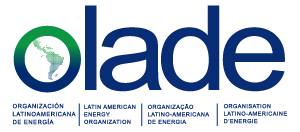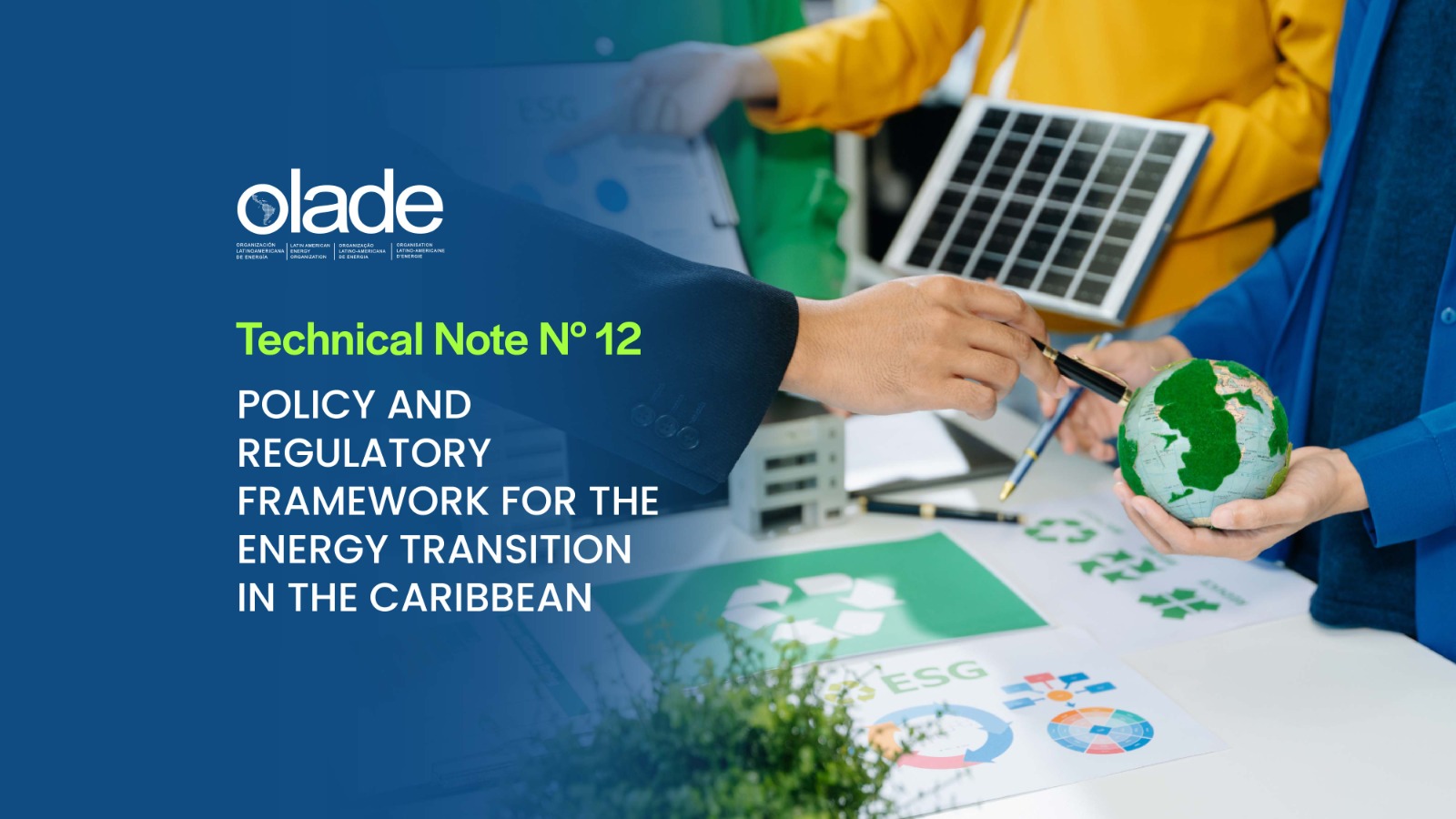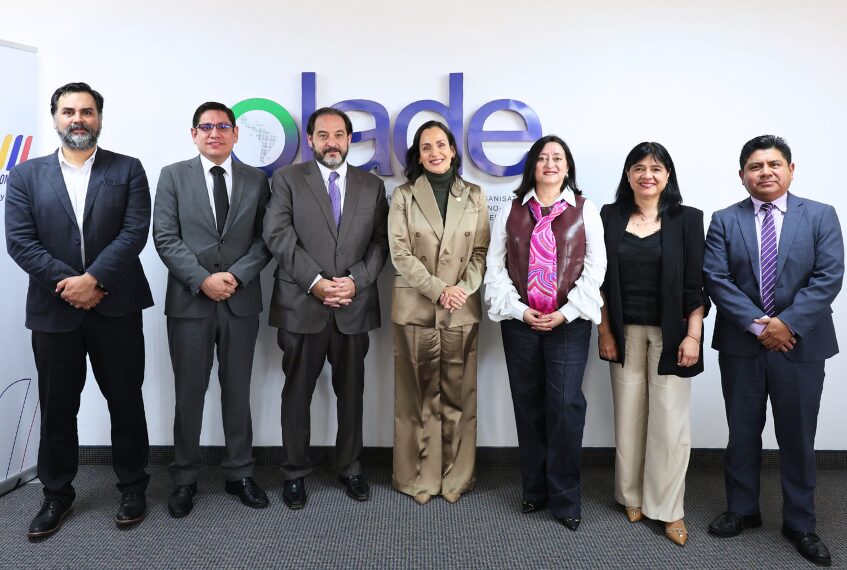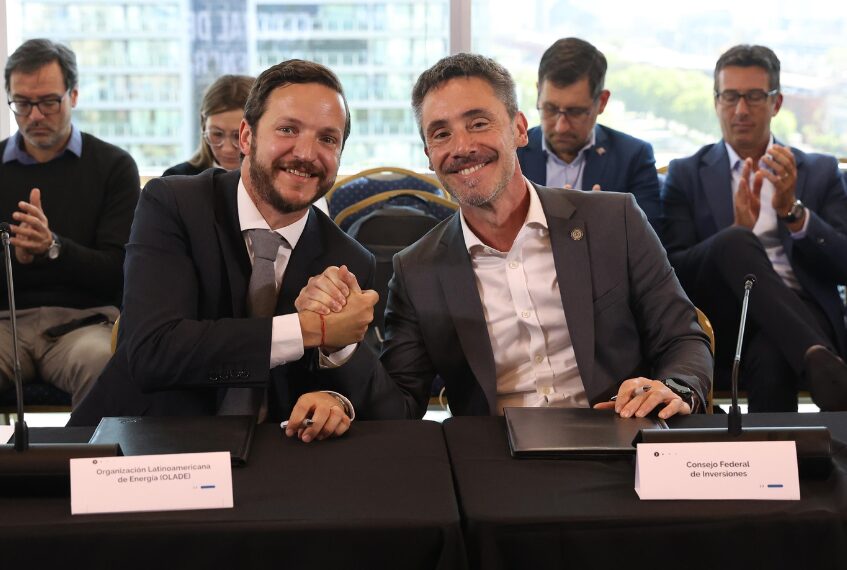Leaders, experts, and representatives from Central American and Caribbean countries are participating this week in the course “Energy Transitions in Central America and the Caribbean,” organized by the Latin American Energy Organization (OLADE), the Ministry of Energy and Mines of Cuba, and the University of Havana. The meeting, held in the Cuban capital, aims to strengthen technical and human capacities for the planning, implementation, and supervision of renewable energy projects, especially photovoltaic generation.
During the opening session, the Regional Energy Outlook for Central America, Mexico, and the Caribbean was presented, along with a comparative law study on the political and regulatory framework for solar energy in the Caribbean, and a case analysis of Caribbean and Central American countries in their efforts to incorporate renewable energy into their electricity matrices.
In his opening remarks, OLADE’s Executive Secretary, Andrés Rebolledo Smitmans, emphasized that “the energy transition is not a destination, but a collective process that requires political vision, technical planning, regional collaboration, and above all, people committed to transformation.” He added that the program “is designed to train trainers in order to amplify its impacts.”
The Rector of the University of Havana, Miriam Nicado García, highlighted that the institution is working together with the Ministry of Energy and Mines on a sustainability and energy transition strategy that involves all national stakeholders.
For his part, the Deputy Minister of the Ministry of Energy and Mines of Cuba, Argelio Abad Vigoa, stressed that “there is no time to lose. Under the Paris Agreements, we must reduce emissions and increase energy resilience.” He noted that countries like Cuba are already moving forward with megaprojects such as solar parks, grid modernization, and energy efficiency, but warned that the path requires greater solidarity and collective action.
As part of the event, OLADE and the University of Havana signed a memorandum of understanding to develop joint academic training programs, specialist exchanges, and internships, as well as to design and implement technological innovation projects in areas such as renewable energy, energy efficiency, hydrocarbons, electricity, nuclear energy, and energy planning.
The program includes an intensive workshop with theoretical and practical activities on solar radiation, design and certification of photovoltaic modules, technical measurements, operation and maintenance of solar parks, panel recycling, and the preparation of bidding documents for renewable energy projects. Participants will also undertake hands-on training at the University of Havana’s Photovoltaic Laboratory and visit solar facilities in Matanzas to apply in the field the knowledge acquired.
The meeting, which will run until August 8, brings together government representatives, technicians, and experts from both subregions to discuss the challenges of the energy transition and develop roadmaps tailored to the realities of Central America and the Caribbean.





